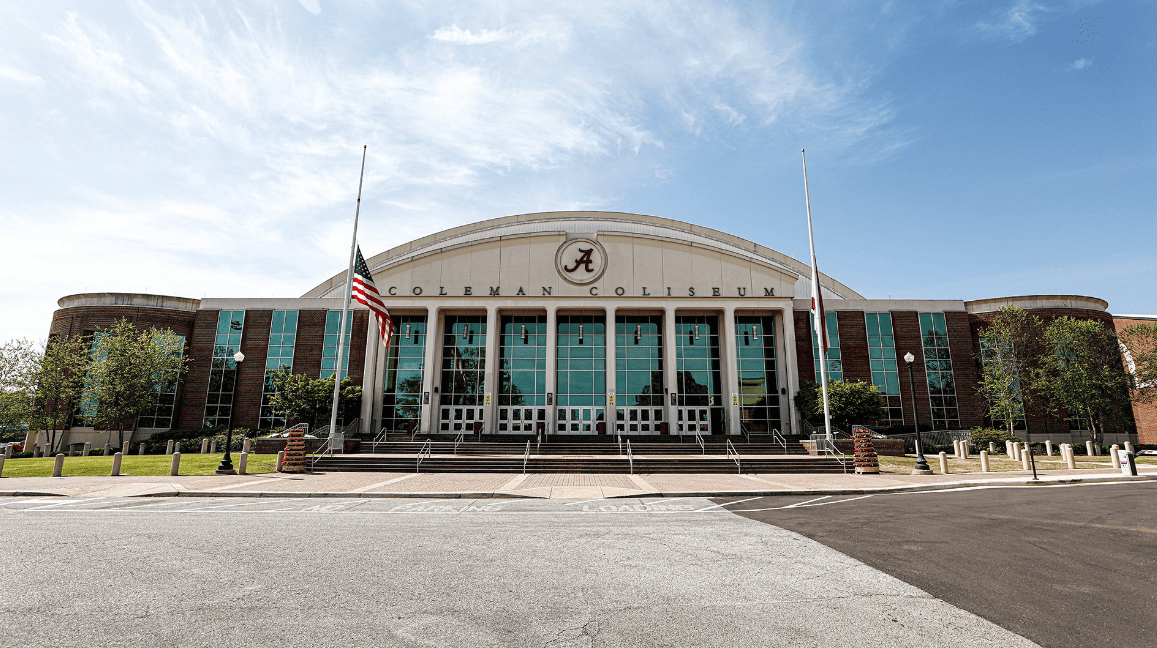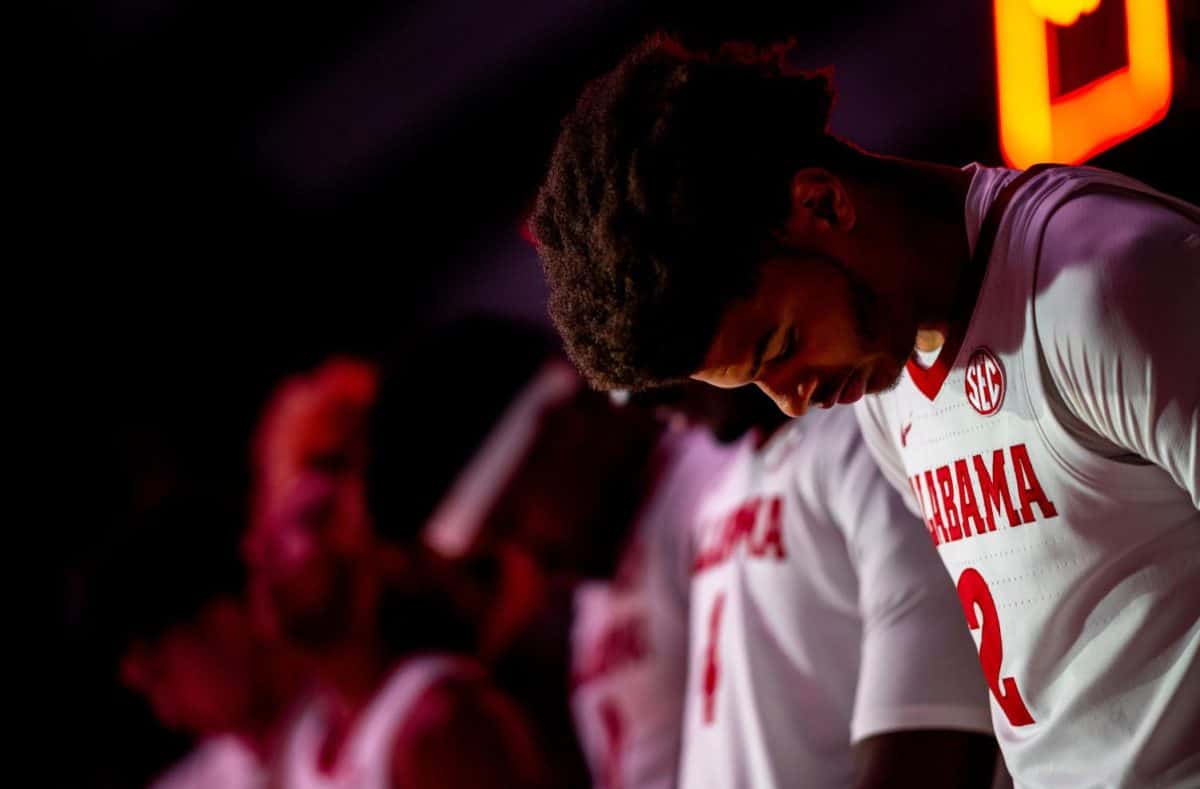The University of Alabama has raised more than $1.7 million in a relief fund for University-affiliated victims of the April 27 tornado, said Cathy Andreen, director of media relations.
The UA Acts of Kindness Fund is intended to provide support for faculty, staff and students who are victims of a “qualifying emergency,” such as a fire, flood, tornado or medical emergency, according to the fund’s website.
“We do not have an estimate of how many students, faculty and staff were affected by the tornado, but clearly it was a substantial number,” Andreen said.
Money from the fund may be used to help faculty, staff and students pay for many different kinds of expenses, including mortgage payments, grocery bills and medical bills, Andreen said.
The two largest donors to the fund are the UA Athletic Department, which gave $1 million, and the Southeastern Conference, which gave $500,000.
Similar funds for faculty, staff and students are in place at the University of Alabama in Huntsville and the University of Alabama in Birmingham.
Andreen said there are many opportunities already in place to give to general relief in Tuscaloosa. “We have listed information for giving to the United Way and the Red Cross in our storm-related information,” she said. “The University has worked and continues to work very closely with the city in meeting the needs of the community.”
In terms of relief efforts for the city, Andreen said the University has provided more than 13,000 meals to emergency responders and shelter occupants; provided housing for about 250 members of power crews, first-reponder teams and military personnel; and mobilized UAPD to aid in devastated areas, among a host of other initiatives.
At Auburn University, which was not directly impacted by the tornado, both the university and students are banding together to help UA students and the entire Tuscaloosa community.
Auburn alumni set up the Toomer’s for Tuscaloosa fund, which has raised more than $50,000 for relief specifically in Tuscaloosa and West Alabama.
Auburn is using its Auburn Family All-In Relief Fund to raise money for tornado victims across the state.
The fund is often used by Auburn to provide aid for people across the state and country in a crisis, and is not particularly earmarked for those connected with Auburn.
“That is a fund that, whenever there’s a crisis that a lot of people in the Auburn Family want to respond to or to volunteer to help, we can use that fund,” said Deedie Dowdle, executive director of communications and marketing for Auburn. “This one, at the moment, is set up specifically for the severe weather outbreak.”
As of 8 a.m. May 10, the fund had collected $67,806.
“If there’s another disaster next year, we would use the same fund title but we would not let the money sit around and collect interest,” she said. “We set it up, but we just turn around and give the money in the name of the Auburn Family to the American Red Cross. We have the totals that are raised, but the money goes straight to relief efforts.”
Auburn also organized the busing of students to Tuscaloosa to aid in volunteer efforts shortly after the disaster.
After Hurricane Katrina hit New Orleans in 2005, Tulane University suffered substantial flooding and was forced to cancel an entire semester of classes. When students returned, the University was able to help, but not in the way of a relief fund.
“We received $650 million in damage ourselves,” said Mike Strecker, Tulane director of public relations. “Some of our students put together a relief fund, but the main thing is that we were really instrumental in the rebuilding of New Orleans.”
When Tulane was able to fully reopen in January 2006, the University made a credit in community service a graduation requirement, Strecker said. Students were forced to help rebuild and revitalize the city.
In addition, Tulane provided tangible support for students and faculty. Tulane rented out a cruise ship to use for student housing, Strecker said, and purchased an apartment complex for faculty members who had been displaced. They also placed trailers on campus for more temporary housing.
“It was more about giving people a place to live and community engagement,” Strecker said. “Students are still taking part in the continued recovery of the city.”






